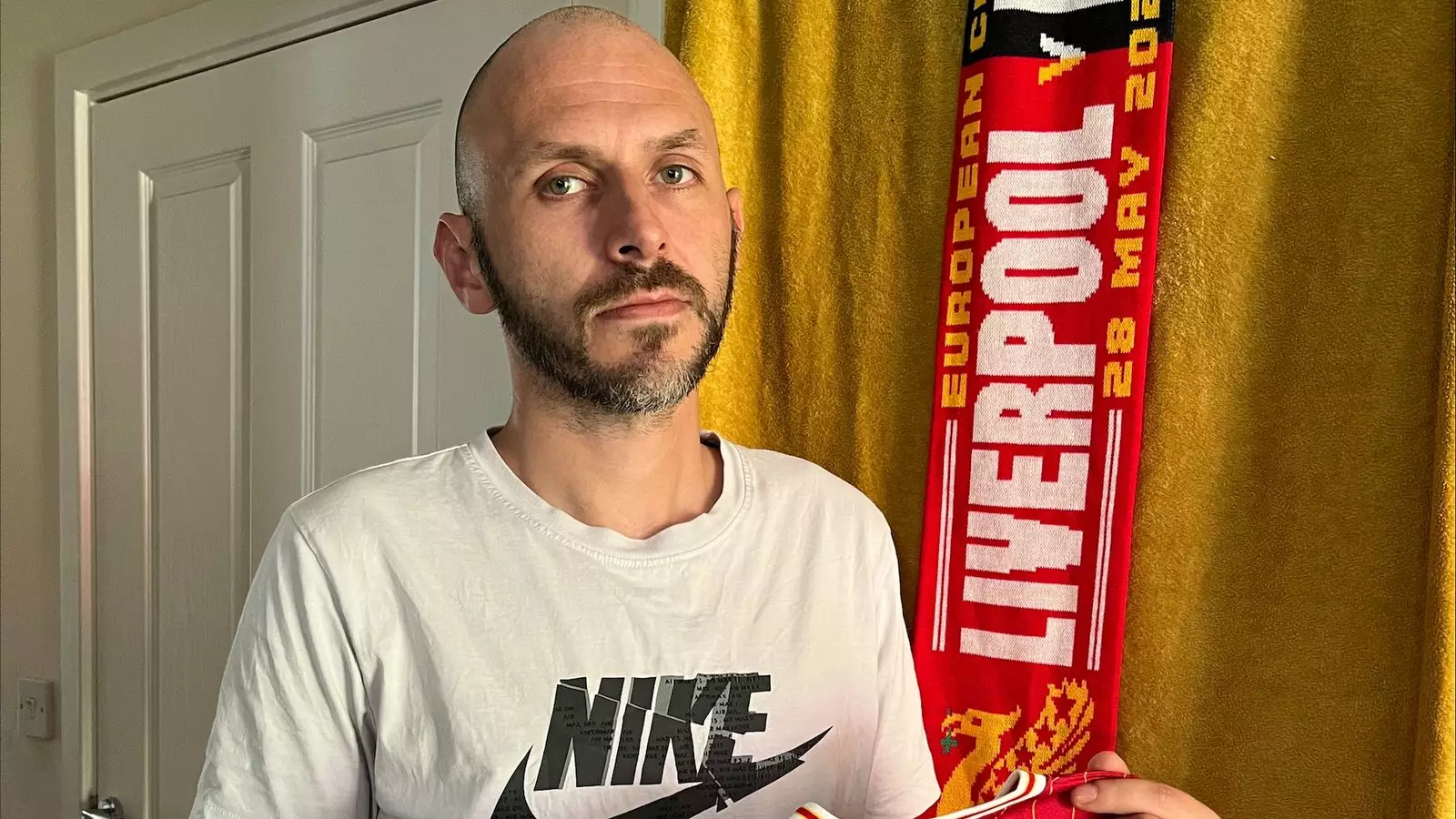In what should have been a jubilant celebration of Liverpool FC’s recent victory, a sense of dread washed over the crowd when a tragic incident unfolded. Daniel Everson, a father filled with excitement, was with his partner, Sheree Aldridge, and their five-month-old son, Teddy, ready to soak in the joyous atmosphere of the Liverpool victory parade. Yet, in a matter of seconds, their lives were irrevocably altered by an unfathomable event. What was meant to be a joyous family day became a horrific nightmare, exposing not just the fragility of life but also the broader issues surrounding safety in crowded public events.
Daniel’s visceral recounting of the moment the vehicle barreled toward them paints a vivid picture of chaos and desperation. He recalls the gut-wrenching instinct to protect his family, fighting against a vehicle that was racing toward him. The sheer terror of experiencing one’s loved ones in peril resonates deeply, causing one to reflect on the largely overlooked vulnerabilities that accompany festive gatherings. The joyous commemoration of athletic triumph turned into a scene reminiscent of war zones, where innocent civilians are suddenly thrust into chaos and danger.
The Aftermath of Violence
Following the tragic collision, both Daniel and Sheree were thrown into a harrowing struggle. Daniel explained the horror that enveloped him as he desperately searched for his family amidst the aftermath, feeling as if he had been plunged into a living hell. He found Sheree, injured and in agony, and it is a testament to the human spirit that he prioritized his partner and son amid such overwhelming chaos. The decision to abandon his acclaimed role as a spectator, to rescue Teddy from the street, exemplifies the primal instinct to protect one’s family, driven by love and fear.
Yet, amidst this personal tragedy, one cannot help but question how such incidents could be prevented in the future. Given that the suspect is being held for attempted murder, dangerous driving, and drug-related charges, it begs the question of how we, as a society, allow places of public gathering to become potential sites of disaster. Was there a failure in security protocols? Were there measures that could have ensured crowd safety? These complexities must be unpacked if we are to prevent future occurrences of this nature.
A Call for Accountability
The outrage expressed by Daniel highlights not just individual despair, but collective frustration with systemic failures. The police are examining the incident, questioning the 53-year-old driver responsible for this tragedy, yet their apprehension after the incident raises critical concerns. Many wonder why such a dangerous individual was able to breach the safety of what should be a celebratory gathering. The answers are grist for an essential discussion about accountability within law enforcement and public safety measures.
While Daniel’s immediate concern was his family, he also articulated a more profound anger directed at how this situation was handled and what should have been done differently. There is a vital need to reexamine public safety regulations, assess the effectiveness of crowd control measures, and ensure that protocols for responding to emergencies are robust. In an era where large gatherings are becoming increasingly susceptible to violence, complacency is not an option.
The Human Element
The emotional landscape following such traumatic events can often be overshadowed by the quest for justice and answers. For Daniel, the range of emotions – anger, fear, and helplessness – is overwhelming. But it is the humanity behind this horror that must remain at the forefront. The narrative of a father facing a dangerous threat to his family is a universal story of love, fear, and resilience. As the dust settles and recovery begins, it is imperative that we keep this human cost in mind.
In a world where the celebration of sport is meant to unify and inspire, the events at the Liverpool FC parade serve as a stark reminder of the shadows that can linger beneath the surface of joy. Change is not merely desirable, but essential if we are to foster safe environments where people can gather freely to cheer for their heroes. It is our collective responsibility to ensure that the lessons learned from this tragedy lead to genuine change, preventing the horror of such incidents from sullying the joy of future celebrations.

